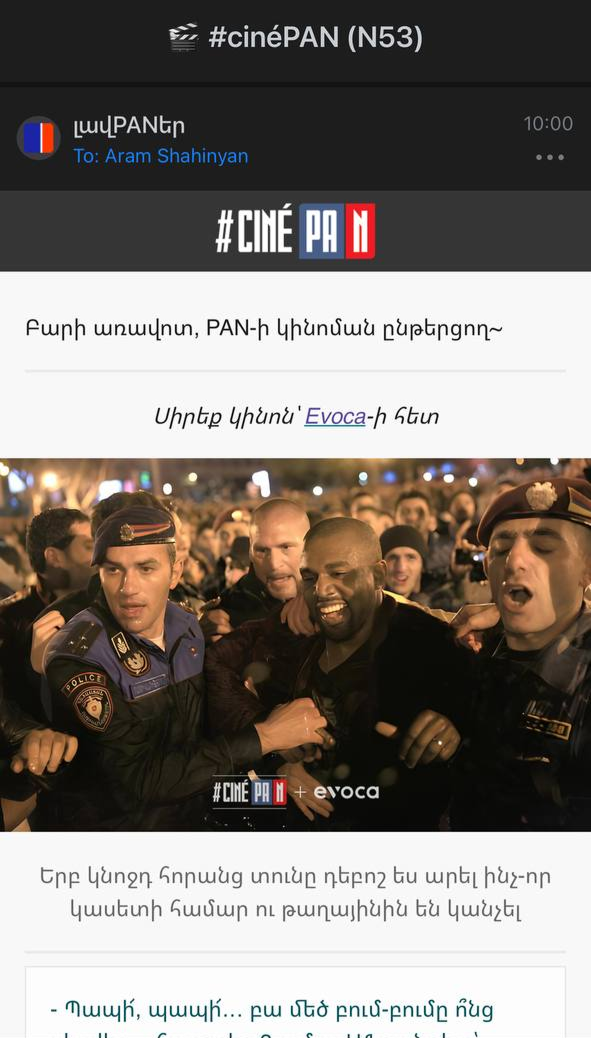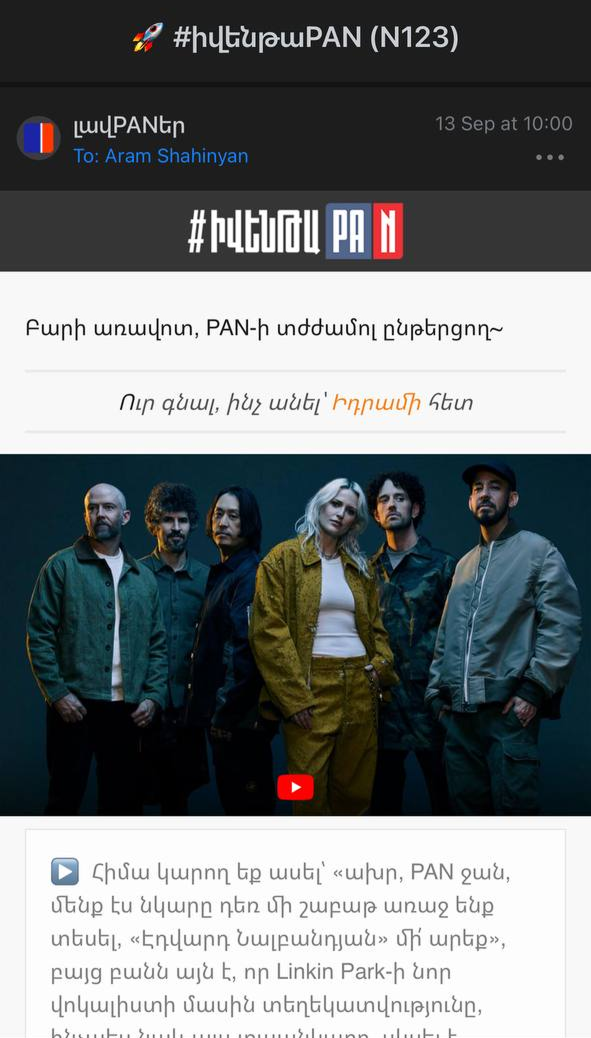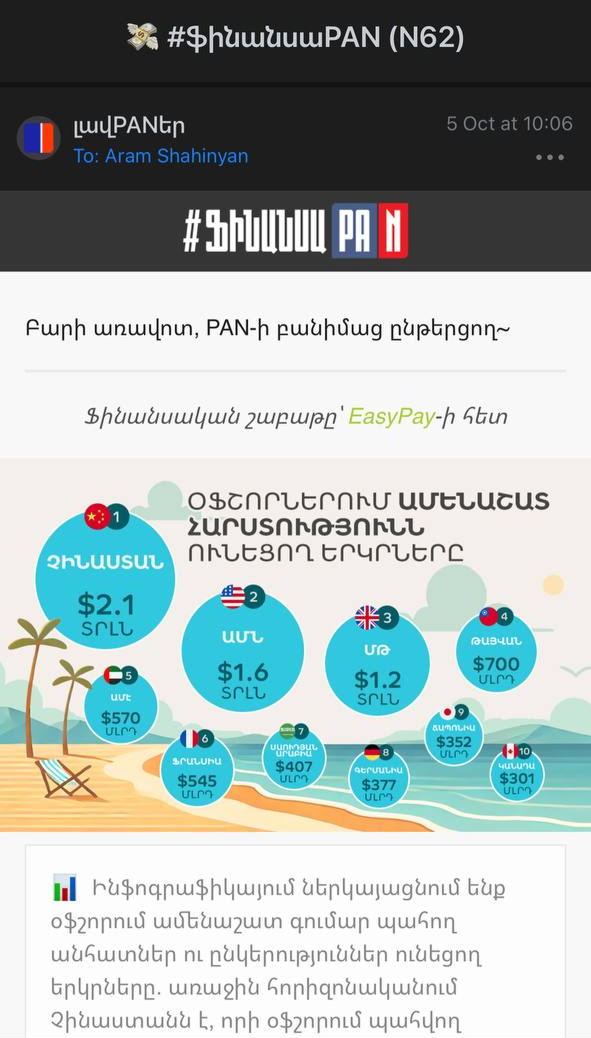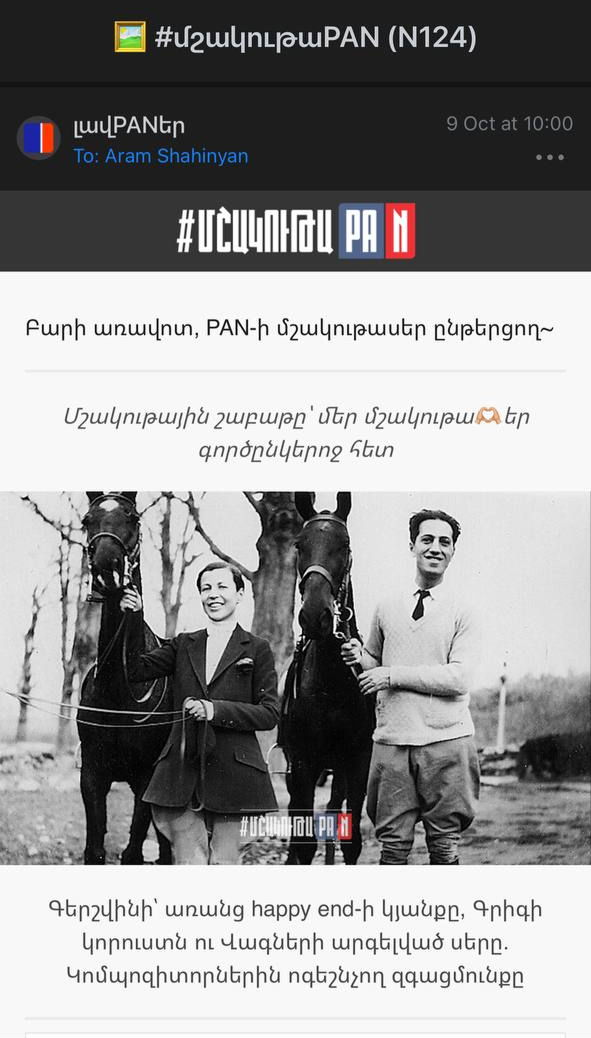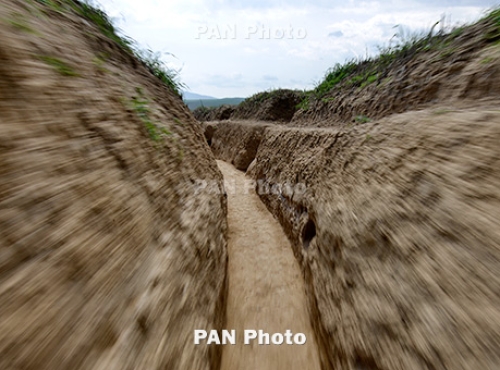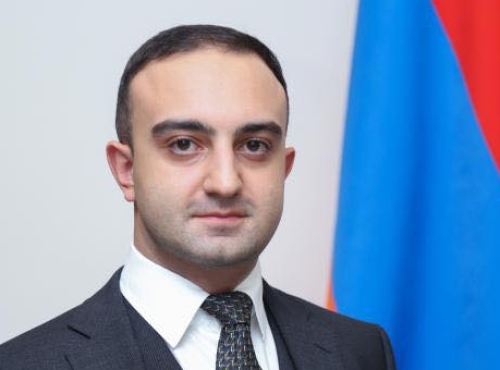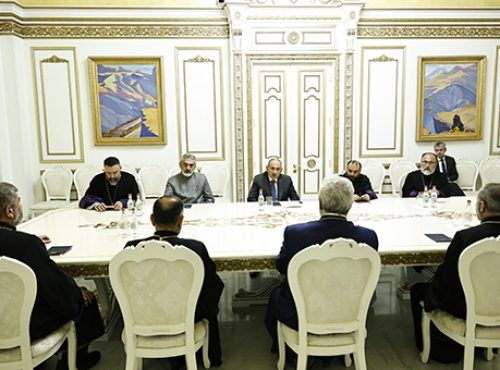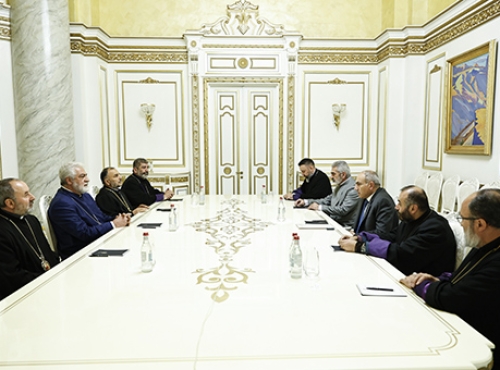The International Committee of the Red Cross (ICRC) received approximately 1,290 calls and visits in its Yerevan and Goris offices in 2024 related to family separations caused by the conflict.
According to the ICRC, 62 families have filed tracing requests to determine the fate of their missing relatives.
"Based on family requests, 429 individuals are still considered missing due to the escalations of 2020-2023. We continue working with relevant authorities to facilitate search and identification efforts and provide answers to affected families.
Additionally, 557 oral, audio-visual, and written Red Cross messages were exchanged between detainees held in relation to the conflict and their families. The ICRC also regularly visits detainees to monitor detention conditions, assess their treatment, and support their communication with relatives," the statement said.
With ICRC assistance, three individuals from Nagorno-Karabakh were transferred to Armenia.
On September 19, 2023, Azerbaijan launched a large-scale offensive against Nagorno-Karabakh, subjecting the region to intense shelling. The following day, on September 20, the local authorities accepted a ceasefire proposal from the Russian peacekeeping command, agreeing to Baku’s terms, including the disarmament of the Defense Army and the dissolution of the Nagorno-Karabakh Republic. From September 24, mass displacement began, forcing over 100,000 people to flee to Armenia. Reports indicate that approximately 20 Armenians remain in Nagorno-Karabakh. On September 28, President Samvel Shahramanyan signed a decree dissolving the republic, which took effect on January 1, 2024.









